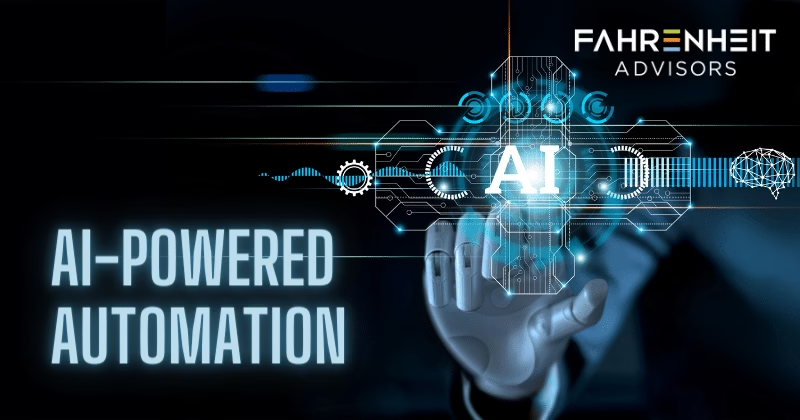Introduction
In the evolving landscape of digital marketing, artificial intelligence (AI) has emerged as a powerful tool for enhancing customer engagement. By leveraging automation, businesses can deliver personalized experiences, optimize marketing strategies, and drive customer loyalty more efficiently than ever before. This article explores how AI-driven automation is reshaping marketing strategies and improving customer interactions.
The Role of AI in Modern Marketing
1. Personalized Customer Experiences
AI enables marketers to analyze vast amounts of data to understand customer preferences and behaviors. Through machine learning algorithms, businesses can segment audiences and deliver hyper-personalized content, recommendations, and offers.
Key Benefits:
- Customer Segmentation: AI categorizes users based on demographics, behaviors, and interactions.
- Chatbots & Virtual Assistants: AI-powered chatbots provide instant customer support, answering inquiries and assisting in decision-making.
- Behavioral Analysis: AI predicts what customers want based on previous interactions.
2. Predictive Analytics for Better Decision-Making
AI-driven predictive analytics help marketers anticipate customer needs and trends. By examining past behavior, AI can forecast purchasing patterns, allowing businesses to tailor marketing campaigns accordingly.
Implementation of Predictive Analytics:
| Feature | Benefits |
|---|---|
| Customer Behavior Analysis | Improves targeted marketing strategies |
| Dynamic Pricing | Adjusts prices based on demand and customer interest |
| Sentiment Analysis | Gauges public opinion on brands/products |
3. Automated Email and Social Media Marketing
Automation in email marketing enables businesses to send timely and targeted messages based on user interactions. AI-driven tools analyze open rates, click-through rates, and customer responses to optimize email campaigns.
Email & Social Media Automation Strategies:
- Automated Drip Campaigns: AI sends emails at the right moment.
- Social Listening Tools: AI monitors brand mentions and customer sentiment.
- AI-Powered Ad Optimization: Adjusts advertisements for better engagement.
4. Enhanced Customer Retention Strategies
AI helps businesses retain customers by identifying at-risk individuals and deploying retention strategies. AI-powered customer relationship management (CRM) systems analyze feedback, track engagement levels, and suggest actions to improve customer satisfaction.
AI in CRM Systems:
| Feature | Advantage |
| Predictive Lead Scoring | Identifies high-value prospects |
| Automated Follow-ups | Engages customers at the right time |
| Customer Sentiment Analysis | Detects satisfaction and dissatisfaction levels |
5. AI-Powered Content Creation
With natural language processing (NLP) and AI-driven content generation, marketers can automate blog writing, ad copy creation, and video scripting.
Examples of AI in Content Creation:
- AI-powered blog generators for unique content.
- Automated video creation with AI-driven tools.
- Smart content curation for personalized newsletters.
Future of AI in Marketing
As AI continues to evolve, its applications in marketing will expand further. The future holds innovations such as AI-driven virtual shopping assistants, hyper-personalized advertising, and AI-powered voice search optimization.
Conclusion
AI-driven automation is revolutionizing marketing by enabling businesses to engage with customers more effectively and efficiently. From personalized experiences to predictive analytics and content automation, AI empowers marketers to build stronger relationships, drive conversions, and enhance overall customer satisfaction. As AI technology advances, its role in marketing will become even more significant, reshaping the way brands interact with their audiences.
